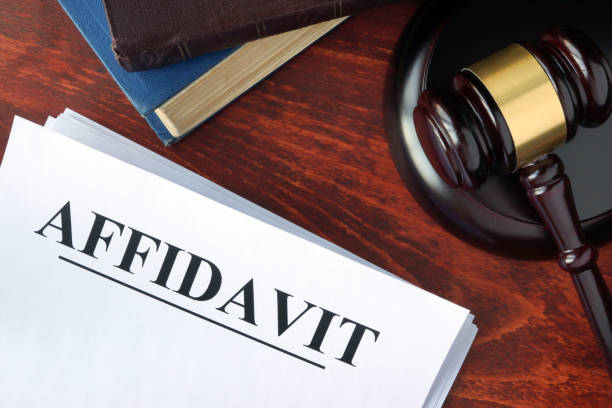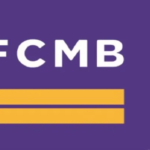By Destiny Uko
An affidavit is a written statement made under oath, confirming the truth of the information provided for the name change.
For whatever reason a change in name is desired, an individual must first acquire this document, as it serves as an official legal binding. It is often required for updating identification documents, bank records, and other legal transactions.
In Nigeria, swearing an affidavit for a name change is not cumbersome but must be done with care to avoid future discrepancies. Below is a detailed, step-by-step guide on how to get it done the right way.
Determine why you need the affidavit
Before starting the process, you must have a clear reason for the name change, as it may be required. In Nigeria, legitimate reasons include:
- Marriage and divorce: Adopting a spouse’s surname or reverting to a maiden name.
- Religious reasons: Converting to a new faith and adopting a new name for that course.
- Correction of errors: Fixing spelling mistakes or irregularities in official documents.
- Personal choice: Adopting a new name for personal or professional use.
Step 2: Gather required information and documents
These include:
- A valid means of identification (National ID card, voter’s card, driver’s licence, or international passport).
- The old name and the new name you wish to adopt.
- Birth certificate or age declaration
- Marriage or divorce certificate(if applicable).
- Any document that proves the need for the name change.
Visit the court
In Nigeria, affidavits for name changes are typically sworn in either a high court or a magistrate’s. Go to the nearest court around you with the aforementioned documents, and upon arrival, proceed to the affidavit section or commissioner for oaths office.
Draft your affidavit
Some courts have pre-written templates for name change affidavits. Otherwise, you may be required to write it yourself or hire a lawyer to draft it. A typical name change affidavit includes:
- Your current (old) name.
- The new name you are adopting.
- The reason for the name change.
- A statement declaring that you will henceforth be known by the new name.
- Your signature and date.
Swear the affidavit before the commissioner for oaths
Once your affidavit is ready, take it to the commissioner for oaths at the court. This official will verify your identity, ask you to swear an oath on the truthfulness of the statement, and have you sign the affidavit before stamping it.
Proceed for payment
Fees vary from court to court. On average, paying for a name-change affidavit costs between ₦200 and ₦1,000 in Nigeria. Payments are made at the court’s cashier or revenue desk, after which you will be issued a receipt.
Publish your name change in a newspaper
After obtaining your affidavit, you are required to publish the name change in at least one widely recognised national newspaper such as The Punch, The Guardian Nigeria or Vanguard.
Gazette your name change (Optional)
In some cases, as relates to official government purposes, you may be required to have your name change recorded in the Official Gazette of Nigeria. This is crucial for passport renewal, immigration and other high-level legal transactions.
The gazetting process is handled by the government printing press, and you will need to submit your affidavit, a copy of the newspaper publication and a formal application letter.
Update all your official documents
Once done with the name change process, you should update your records with relevant institutions such as:
- National Identity Management Commission (NIMC) NIMC
- Bank accounts.
- Driver’s licence
- International passport
- Academic records.
Swearing an affidavit for a name change in Nigeria is a relatively simple process, but it must be carried out with precision to ensure legal recognition.
By preparing the right documents, visiting the court, swearing before the commissioner for oaths, and publishing in a recognised newspaper, you can secure a valid and legally binding record of your new name. Do not forget to always keep multiple photocopies of the documents to avoid future complications.
In Nigeria, obtaining an affidavit for a name change involves several steps and is crucial for legal transactions such as updating identification documents and bank records. The process starts with determining the reason for the name change, which could include marriage, divorce, religious reasons, correcting errors, or personal choice. Essential documents required include a valid ID, old and new names, birth certificate, marriage/divorce certificate, and any supporting document for the name change.
The next step is visiting a high court or magistrate's court to prepare and swear the affidavit before a commissioner for oaths. Once sworn in, the affidavit requires payment of a fee ranging from ₦200 to ₦1,000. Afterward, the name change must be published in a widely recognized national newspaper, such as The Punch, The Guardian Nigeria, or Vanguard. Optionally, for government purposes, the change may be recorded in Nigeria's Official Gazette.
Finally, it is imperative to update all official documents and records with institutions like the National Identity Management Commission, banks, and others. Proper execution of these steps ensures legal recognition of the name change, helping avoid future complications.






